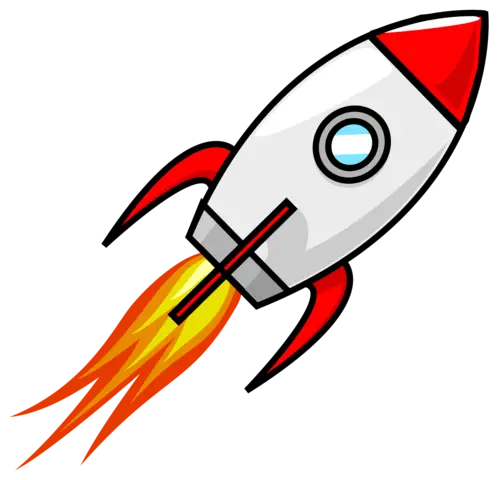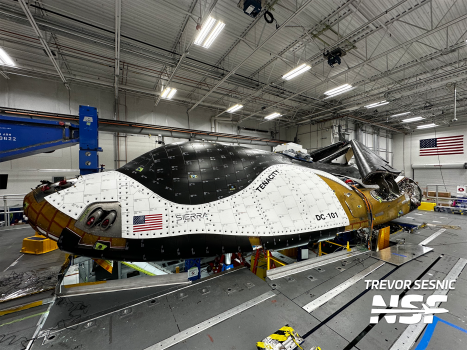- cross-posted to:
- [email protected]
- cross-posted to:
- [email protected]
NSF was invited as part of a media event inside the company’s facility in Louisville, Colorado, to see the first flight article named Tenacity prior to departing for environmental testing.
Highlights:
Sierra Space’s CEO Tom Vice said the company expects to be able to turn Tenacity around in six months following its landing, seeing it fly again aboard United Launch Alliance’s new Vulcan rocket.
“We’d like to turn the vehicle and be prepared to fly potentially twice next year, but again, that’s really dependent upon NASA,” Vice said. “NASA has a manifest, when they can take the cargo, when they need cargo.”
Vice said a crew variant isn’t expected until 2026. The crewed version will feature an abort system with a different fuel system, but no details on this system were offered.
Sierra Space is now working on a product known as Ghost. The system would act as an inflatable ablative shield that would protect the cargo module before parachuting down to a designated location to be recovered. Economically, Vice said it would be a game changer to be able to reuse the cargo module and vehicles 15 times each.
“Even on [SpaceX’s] Dragon, you know, the trunk of Dragon gets burned up every time,” Vice said. “We took one step back and said, you know, can we reuse the entire system? And again, that would change everything.”
While no launch date has officially been set, Sierra Space expects to launch no earlier than March 2024, using ULA’s second-ever Vulcan Centaur launcher.


